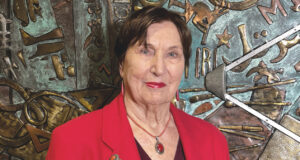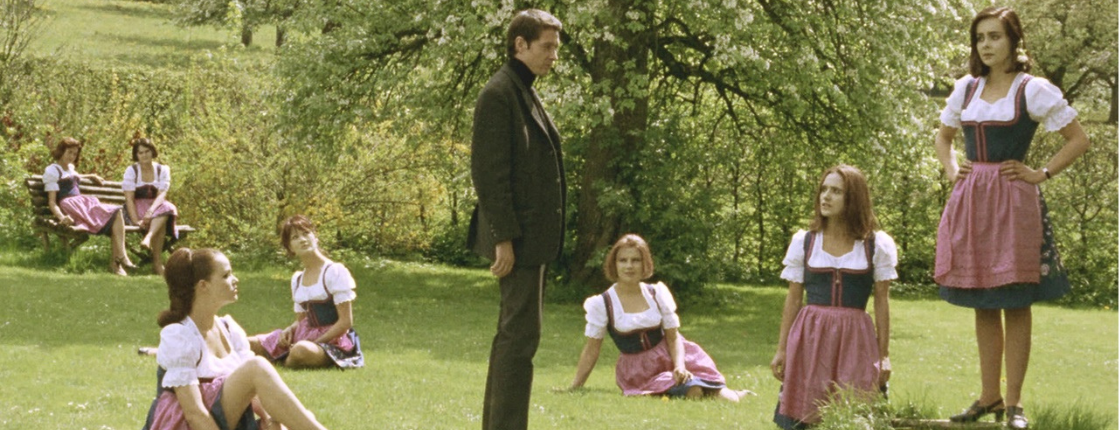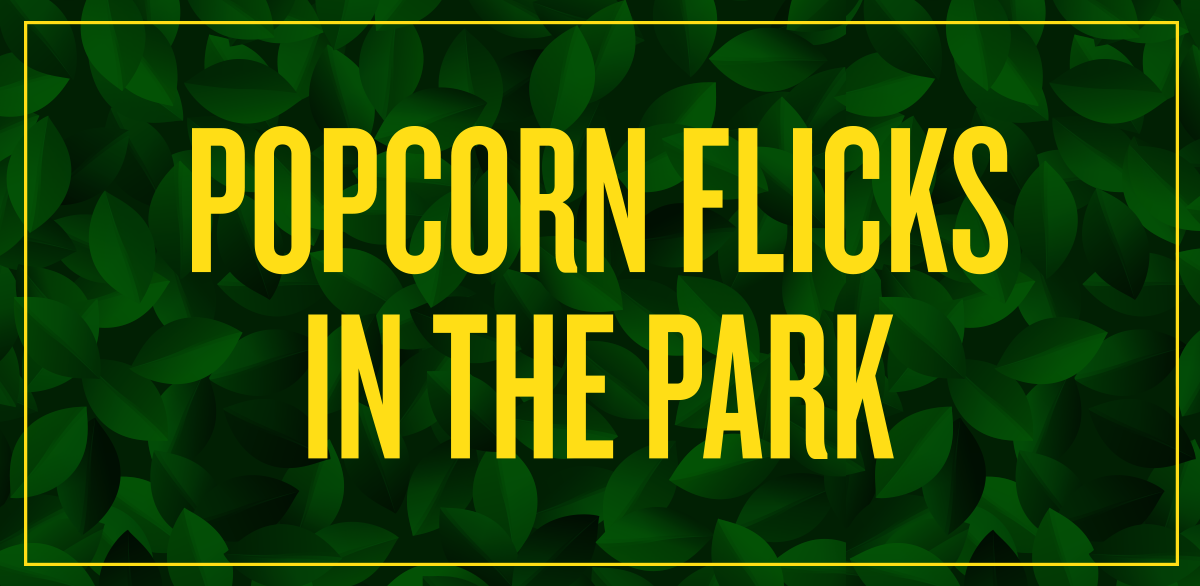

Meet the Filmmaker
The Cat Has Nine Lives
Following the film, Ula Stöckl will participate in a moderated discussion with filmmaker Rachel Braaten about her career.
In the summer of 1967, journalist Katharina is visited in Munich by her French friend Anne. They take day trips and visit cafés, acquaintances, and parties. In a series of conversations between them and other women, they talk about the chances for female emancipation in a male-dominated society.
Stöckl’s first feature film, The Cat Has Nine Lives, from 1968, looks at the lives and friendships of four women (a fifth one is a fantasy of one of the characters) who yearn for freedom and appreciation yet find themselves disillusioned in their current situations. Katarina, a journalist, navigates the male-centric world of journalism; her French friend, Anne, is recently divorced and in limbo; Gabriele is a determined pop star; and last, the nameless wife of the cheating Stefan is caught up in domestic responsibility. These characters examine the power relationships that have governed their lives and consider potential alternatives. Partially autobiographical, The Cat Has Nine Lives is considered the first feminist film in Germany and is now a classic of Euro feminist cinema. Shot in widescreen Techniscope, the film is a collage of color that blends existential narrative, dream sequences, and thematic montage.
Preceded by
Ula
Directed by Rachel Braaten
USA, 2024, 19 MIN
Ula looks at the life and career of German feminist filmmaker, Ula Stöckl, and the contributions she’s made to film as an art form and mode of social commentary; in it she discusses her themes, process, and struggles as a female director and member of the New German Cinema movement.

Ula Stöckl
Ula Stöckl is Germany’s first feminist filmmaker and the first woman to be accepted into film school in Germany at the Institute for Film at the Ulm School of Design. As a member of the New German Cinema movement, she defied traditional film practices, opting for avant-garde stories told from a woman’s perspective. As both writer and director of her films, she became an auteur who sought to express the attitudes of women of her generation. Her works feature updated versions of female mythological figures who struggle with gender inequality and the hypocrisy and deception associated with it. These women long for independence and free expression, as they push back against societal norms.
Born in Ulm, Germany in 1938, Stöckl’s childhood was fraught with the tragedy of war. When her father was called away to war, her mother did what she could to care for and protect the family. The oldest of four children, Stöckl was the only one to survive (her parents later had another child after the war). Her father, an orchestral clarinetist by trade, introduced her to the theater, and due to his profession, she was able to enjoy many theatrical performances during her adolescence and early adulthood. This sparked her desire to tell stories and become a filmmaker.
Stöckl has produced and directed over 20 films in her native Germany, including Sleep of Reason, which won Germany’s highest film prize in 1985. Her work has been shown at over 80 festivals around the world, including Berlinale, the Chicago International Film Festival, and the Toronto International Film Festival. Four of her features have been shown in America with the sponsorship of the Goethe Institute. She has been on the selection committees for the Berlin Film Festival, the Venice Film Festival, the Women’s International Film Festival in Cologne, and the Leipzig International Film Festival. Her films are shown in international retrospectives worldwide. She has taught film at the German Film and Television Academy in Berlin and at Hollins University in Virginia. She has been a professor of film at the University of Central Florida since 2002.
About Rachel Braaten
Rachel Braaten is a Film Studies and Humanities professor at Seminole State College of Florida. In addition to teaching, she has worked on the production side of the film and television industries. Her recent documentary work involves the life and works of German feminist filmmaker, Ula Stöckl. She has been a programmer for the Florida Film Festival, serving on the international features and documentary film committees.
1968, 92 minutes, West Germany, In German and French with English subtitles, Directed by Ula Stöckl, Unrated
-
“Akin to Agnès Varda and Věra Chytilová, Ula Stöckl saw a wild bouquet of vibrant possibility in the 1960s, and became one of the first feminist directors in West Germany. In her playful, polyphonic film about a quintet of newly independent women, modern femininity is an infectious and lively melody.”
– MUBI USA
 Upcoming Special Programs
Upcoming Special Programs



 Click Showtimes to Purchase Tickets
Click Showtimes to Purchase Tickets














